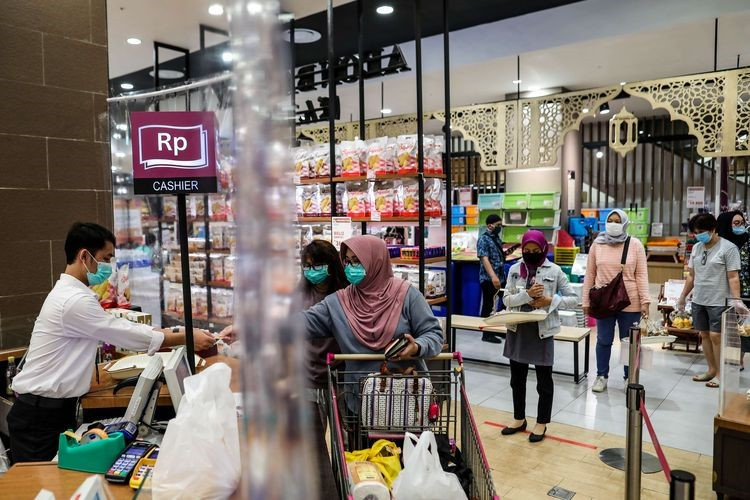Popular Reads
Top Results
Can't find what you're looking for?
View all search resultsPopular Reads
Top Results
Can't find what you're looking for?
View all search resultsThe Blitar project
The goal here is to allow the virus to infect people at a rate that can be handled by the healthcare system in return for greater freedom and greater immunity.
Change text size
Gift Premium Articles
to Anyone
N
early two years after the coronavirus paralyzed the city of Wuhan in China, countries have begun to evaluate their respective strategies to cope with the pandemic. Some have done better than others in safeguarding their people and economy, but questions remain if their strategies are sustainable or considered a model.
The coronavirus has challenged the world in many different ways. Its novelty —scientists are still studying the behavior of its variants and how we respond to them — has practically forced governments to use a “trial and error” approach — which proves to be deadly or economically devastating for many countries — to get out of the health crisis.
On Monday, New Zealand became the latest country known for its strict lockdown policies to abandon the “zero tolerance” approach to the pandemic as it struggles to contain the spread of the Delta variant of the virus. This leaves China as the only major country in the world to pursue such an approach, with New Zealand, Australia and others either preparing for or implementing the “living with COVID-19” strategy.
The rise of Delta and the availability of vaccines are believed to be the reasons why the “zero case” approach seems impractical. Delta spreads faster than other variants and proves harder to contain, while the option to let the virus run its course now seems less ominous if governments can inoculate at least 80 percent of their population.
The goal here is to allow the virus to infect people at a rate that can be handled by the healthcare system in return for greater freedom and greater immunity.
This strategy, however, is not without its risks, given that we have yet to fully understand the behavior of the virus and all its emerging variants. It is also important to note that the efficacy of the COVID-19 vaccines wanes after some time. In short, there is always a chance that the pandemic could again spiral out of control and paralyze a community.
Indonesia must be extra cautious if it wants to follow the path of Singapore, Australia and New Zealand. It must ensure that it has vaccinated enough people in a certain community and provided a robust testing and tracing system to ensure that the levels of infections are still within a manageable range.
Coordinating Maritime Affairs and Investment Minister Luhut Pandjaitan announced on Monday that Blitar in East Java would be a pilot city for a “new normal” project by designating it as the first region to impose a level 1 public activity restriction (PPKM). Blitar, which has a vaccination rate of 97 percent for the first dose and 62 percent for the second one, is considered ready to implement the new strategy.
The government, Luhut said, would deploy a task force composed of epidemiologists and experts to monitor the COVID-19 situation in Blitar, which is also expected to improve its pandemic surveillance system.
It is only natural that after more than a year of living under strict lockdown policies, people are craving the normalcy they had enjoyed before the pandemic. But coping with COVID-19 requires agility on the part of the government and the public.
We hope the Blitar project will show promising results.










